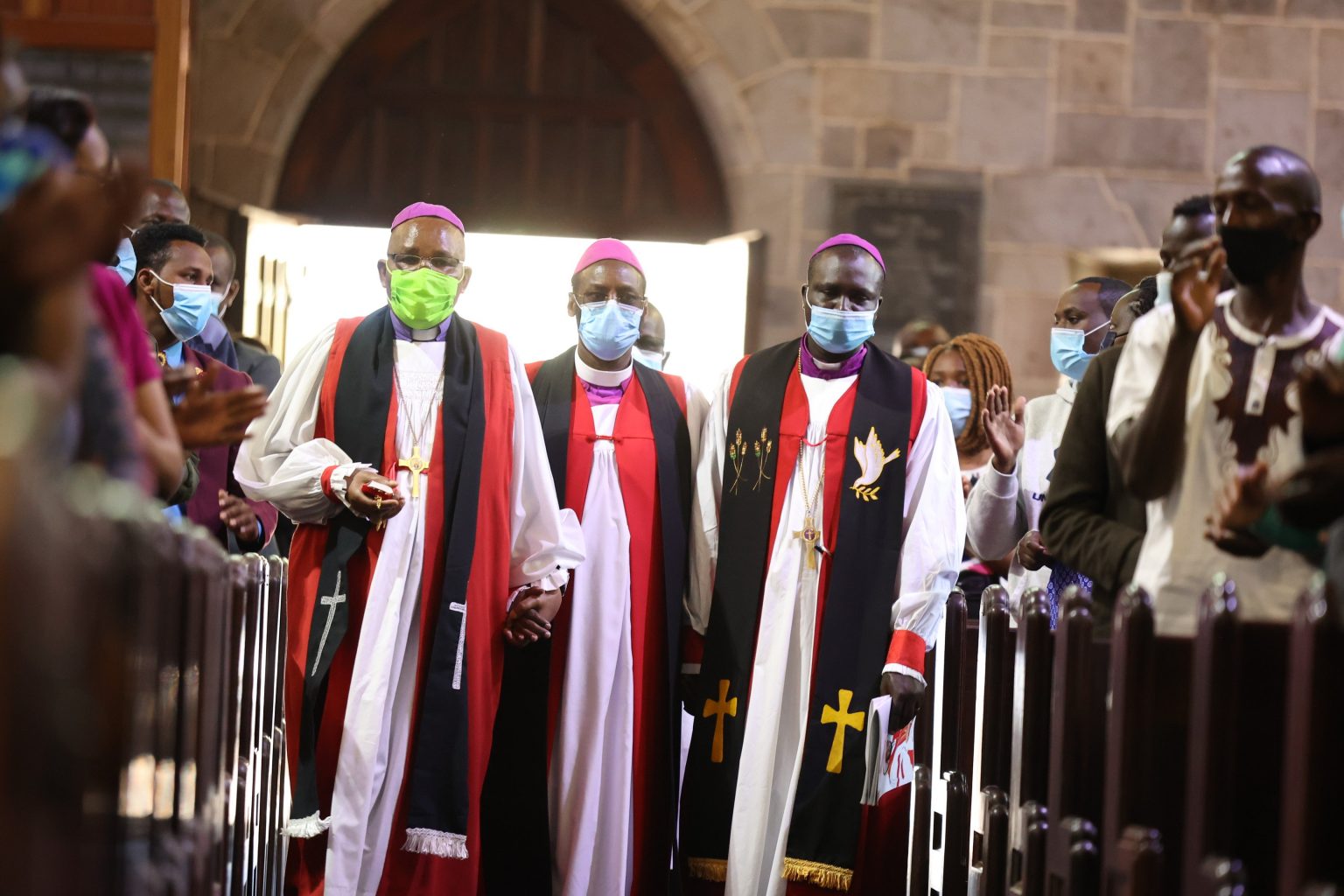Arts & Culture
Church Will Allow Donations From Politicians, NCCK Approves

Church leaders have been urged to refrain from anointing or commissioning individuals seeking political office henceforth.
In Guidelines on ministering to Politicians Before, During and After the 2022 General Elections, the clergy shall not show preference to an aspirants or declare any to be the God-ordained candidate.
The Church will continue to receive donations or offerings from political leaders but such contributions shall not be made public nor used to as a campaign tool or to access the pulpit for political messaging.
The guidelines were arrived at during the 64th General Assembly held from August 23-26, 2021 at Jumuia Conference and Country Home, Limuru, by the National Council of Churches of Kenya (NCCK).
“Concerned that politicians are consistently passing messages of hate, division and discord from the pulpit and in churches, Churches shall endeavor to minister to aspirants from the different political persuasions, and to pray for each when they attend the serviced,” The said.
Churches will continue to welcome political leaders and aspirants so that they are ministered to but their presence will not affect the normal flow of the worship service programme.
“No political leader or aspirant will be allowed to speak to the congregation from the pulpit. Political leaders and aspirants will be encouraged to speak to the congregants after worship service,” They said.
The Clergy in charge will have to agree with the political leader or aspirant what they will speak about to the congregants to avoid foul language and incitement, and should a political leader or aspirant be allowed to speak during the worship service, they must be stopped from campaigning.
The Church will also seek to organize congregants to develop manifestoes to present to political leaders and aspirants.
“The manifesto will be developed either by the whole congregation, or through the different groups such as men, women, and youth. The manifestoes will indicate what the congregation expects of the person who will be elected Member of County Assembly, Member of National Assembly, Women Representative, Senator, Governor or President,” NCCK said.
The Clergy in Charge will present the manifesto on behalf of the congregation, or create a forum after the service where the different groups engage the aspirant who attend a worship service.
Kenya Insights allows guest blogging, if you want to be published on Kenya’s most authoritative and accurate blog, have an expose, news TIPS, story angles, human interest stories, drop us an email on [email protected] or via Telegram
-

 Grapevine6 days ago
Grapevine6 days agoAlleged Male Lover Claims His Life Is in Danger, Leaks Screenshots and Private Videos Linking SportPesa CEO Ronald Karauri
-

 Lifestyle1 week ago
Lifestyle1 week agoThe General’s Fall: From Barracks To Bankruptcy As Illness Ravages Karangi’s Memory And Empire
-

 Grapevine2 days ago
Grapevine2 days agoRussian Man’s Secret Sex Recordings Ignite Fury as Questions Mount Over Consent and Easy Pick-Ups in Nairobi
-

 Investigations2 weeks ago
Investigations2 weeks agoEpstein Files: Sultan bin Sulayem Bragged on His Closeness to President Uhuru Then His Firm DP World Controversially Won Port Construction in Kenya, Tanzania
-

 News2 weeks ago
News2 weeks agoAUDIT EXPOSES INEQUALITY IN STAREHE SCHOOLS: PARENTS BLED DRY AS FEES HIT Sh300,000 AGAINST Sh67,244 CAP
-

 Business2 weeks ago
Business2 weeks agoKRA Can Now Tax Unexplained Bank Deposits
-

 Investigations1 week ago
Investigations1 week agoEpstein’s Girlfriend Ghislaine Maxwell Frequently Visited Kenya As Files Reveal Local Secret Links With The Underage Sex Trafficking Ring
-

 News1 week ago
News1 week agoState Agency Exposes Five Top Names Linked To Poor Building Approvals In Nairobi, Recommends Dismissal After City Hall Probe















